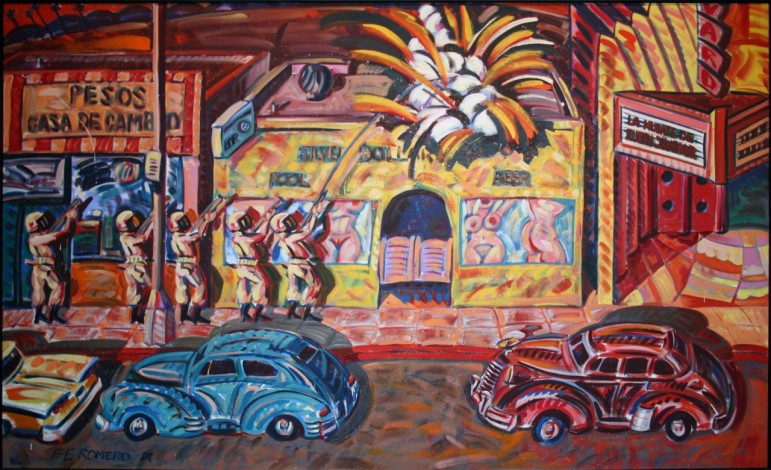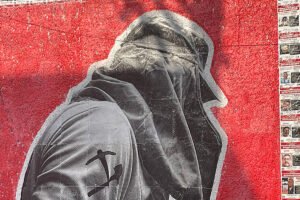
August 27, 2015; National Catholic Reporter
A few days ago, we passed a little-recognized but very important historical anniversary: the 45th anniversary of the “Chicano Moratorium.” As Mario T. Garcia, a professor of history and Chicano studies at the University of California, Santa Barbara, notes, the moratorium was “the largest anti-Vietnam War demonstration by any minority group in the United States, including African-Americans.” Garcia recalls that disproportionately high numbers of draftees being sent to Vietnam were Chicano, partly because Chicanos—and blacks too, for that matter—were often dropping out of school systems that didn’t encourage them to stay in and go to college. In addition, the war in Vietnam was seen as draining President Johnson’s War on Poverty of needed resources, making the war, in Garcia’s words, “a Chicano issue.”
The police reacted to the protest march with violence, resulting in the deaths of three Chicanos. One of the victims was Ruben Salazar, a former L.A. Times columnist who was the news director of KMEX, the only Spanish-language television station in Los Angeles at the time. He was killed while taking a break in a bar with his news team; police shot in tear gas canisters, and one of the projectiles hit Salazar in the head.
Garcia argues that the Chicano Moratorium was a key historical marker in the political activism of Latinos in the U.S., the evolution from a Chicano movement to Latino power. Other observers are not quite so sanguine that the evolution has achieved what it might have. Herman Baca, the President of the Committee on Chicano Rights, contends that changes for Chicanos and Latinos in general remain serious and largely unresolved during the past 45 years:
Sign up for our free newsletters
Subscribe to NPQ's newsletters to have our top stories delivered directly to your inbox.
By signing up, you agree to our privacy policy and terms of use, and to receive messages from NPQ and our partners.
Our people remain afflicted with the effects of white supremacy. We have more of our youth in prisons than colleges. The age-old issues such as police brutality, high unemployment rates, youth, seniors, housing, and health care problems remain.
Journalist John Paul Brammer believes that “Latino power” has been co-opted by a focus on electoral politics. “Our strength as a growing community does not begin and end with whom we vote for in 2016,” Brammer writes. “Our movement can and should include social justice.”
“After 45 years at age 72, the August 29, 1970, Chicano Moratorium for me remains both a historical and defining event in my personal and political life,” adds Baca. “To the Chicano movement and our people, the Moratorium provided a valuable political lesson that problems such as the Vietnam War and other issues could be confronted and addressed thru our own self-determination. Finally, historically the Chicano Moratorium in demanding an end to the War in Vietnam to bring our youth home was, ‘the moral high ground.’”
It was a moral high ground for the anti-war movement, not just for Chicano organizing. The site of the demonstration, once called Laguna Park, has been renamed Ruben Salazar Park, reflecting the social justice values underlying this significant protest.—Rick Cohen











